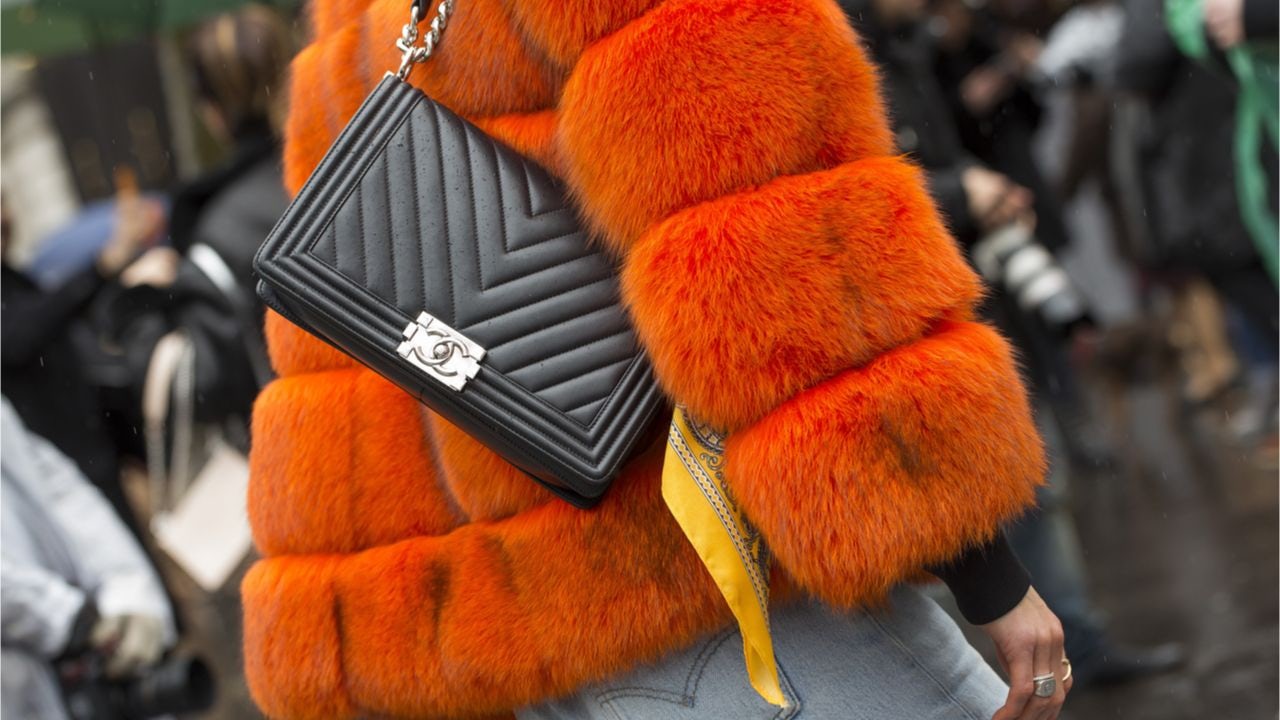The retail apocalypse is a worldwide phenomenon that put tens of thousands out of work, forcing apparel giants such as Nine West, David’s Bridal, and Diesel to go bankrupt. The collapse of established apparel names caused an unprecedented frenzy, so analysts weren’t caught off guard this past April when the Washington Post quoted a report by the investment firm UBS that states “an estimated 75,000 stores that sell clothing, electronics, and furniture will close by 2026, when online shopping is expected to make up 25 percent of retail sales.” RetailDive also chimed in, pointing out that “this year, there have been more than 7,000 store closures — more than any full-year total to date — and 16 major bankruptcies."
After agreeing that this occurrence isn’t a passing trend, retailers analyzed the causes of distress and found out that brands that were more flexible and adapted to a shifting reality faster were not in danger of failure. In fact, Greg Petro wrote in Forbes that “it’s a headline when firms like Nine West and Sears—having ignored the changing metrics of their markets and squandered their brands’ equity—go bankrupt” but also emphasized that “the apocalypse looks more like a renaissance” and that brands need to “adapt or die.”
There’s no doubt that the retail system has a Sino-element at its core, and that the winds of change blow from China these days. The New Retail model promoted by Alibaba and Tencent is “revolutionizing the retail-scape” and is perfectly in line with changing consumer behavior. Moreover, in recent years, China has become a predictor of future retail trends, so it feels as if businesses that can’t engage with the “global, demanding” Chinese consumers will fail globally.
Positive engagement in China has become necessary for a brand’s success, and luxury retailers like Burberry, Dior, and Salvatore Ferragamo are invigorating their brands, thanks to increased interest from mainland consumers. But on the other hand, failing in China can signal a total global failure. For instance, Macy’s and Forever 21, who each had missteps in China, are now seen as the latest victims of the retail apocalypse, with the latter filing for bankruptcy last month.
This begs the question: What didn’t work in China? According to the Harvard Business Review, during the last decades, Western brands flocked to the Sino-market and gave “rise to unclear and even conflicting ideas about what it means to do business in or with China.” Obviously, the fascination with China is not always reciprocated, and various Western brands have been snubbed by local consumers while they pompously failed in a market that is capable of defeating even the most successful and established Western brands.
CNBC’s Benjamin Carlson states, “it’s not because the businesses were incompetent. Many of the biggest failures belong to the Fortune 500: Mattel, eBay, Google, Home Depot. All of these have thrived in markets around the world, but not in China.” Thriving globally, it seems, isn’t necessarily a mark of success in China, and since every brand failure has its own unique story, we can’t employ a one-size-fits-all approach to failure in the country. From bad timing to cultural missteps or inflexibility, there is a multitude of reasons explaining why Western brands can’t succeed in the Chinese market.
“The market in China is changing much faster than those in the U.S. and Europe,” says Liu Dingding, a Beijing-based industry analyst for the Global Times. “These Western giants seem to react a bit slower than their Chinese counterparts.” And for Shawn Mahoney, managing director of the EP China consulting group, “it’s a lack of understanding of the legal and cultural environment that leads to most failures.” Consequently, whether it’s eBay’s failure to build connections to consumers, Macy’s disregard for the local culture, Amazon’s failure to adapt to the local market, Forever 21’s flawed marketing strategy that lacked personalization and segmentation, or Uber’s poor positioning, Western brands have consistently ignored market considerations while breaking the rules of engagement with Chinese consumers — and have been duly penalized.
There are, however, success stories about Western brands that have translated their Chinese triumphs into an overall resurrection. For instance, struggling luxury retailers like Tiffany & Co. and Salvatore Ferragamo have reinvented themselves as premier players in China, while Burberry’s brand rejuvenation plan smartly centered around China. Additionally, LVMH and Kering’s stellar performances indicate that successes in China can mean global success, as their best performing brands — Louis Vuitton and Dior for LVMH and Gucci and Saint Laurent for Kering — rely heavily on Chinese consumers. But given their most recent record results, it’s safe to say their foothold in China and the global market is safe. These examples enhance the logic that China makes or breaks brands. Furthermore, luxury retailers that implement a “new retail” concept — even in Western societies — can replicate their Chinese success globally, and it could be argued that both consumers and markets worldwide are becoming more sophisticated like Chinese consumers.
The Harvard Business Review argues that a few years ago if consumers “were looking for personalized service, they chose stores that offered it — and paid premium prices for it.” But the market has since changed. Nowadays, buyers expect value and a more sophisticated approach in every retail interaction. Consequently, seamless multi-channel experiences, highly personalized products, made-to-order services, and persistent personalized customer experiences are on the rise. Therefore, luxury brands that want to overcome their precarious condition and are serious about their future success should look to China for inspiration and impulse.

